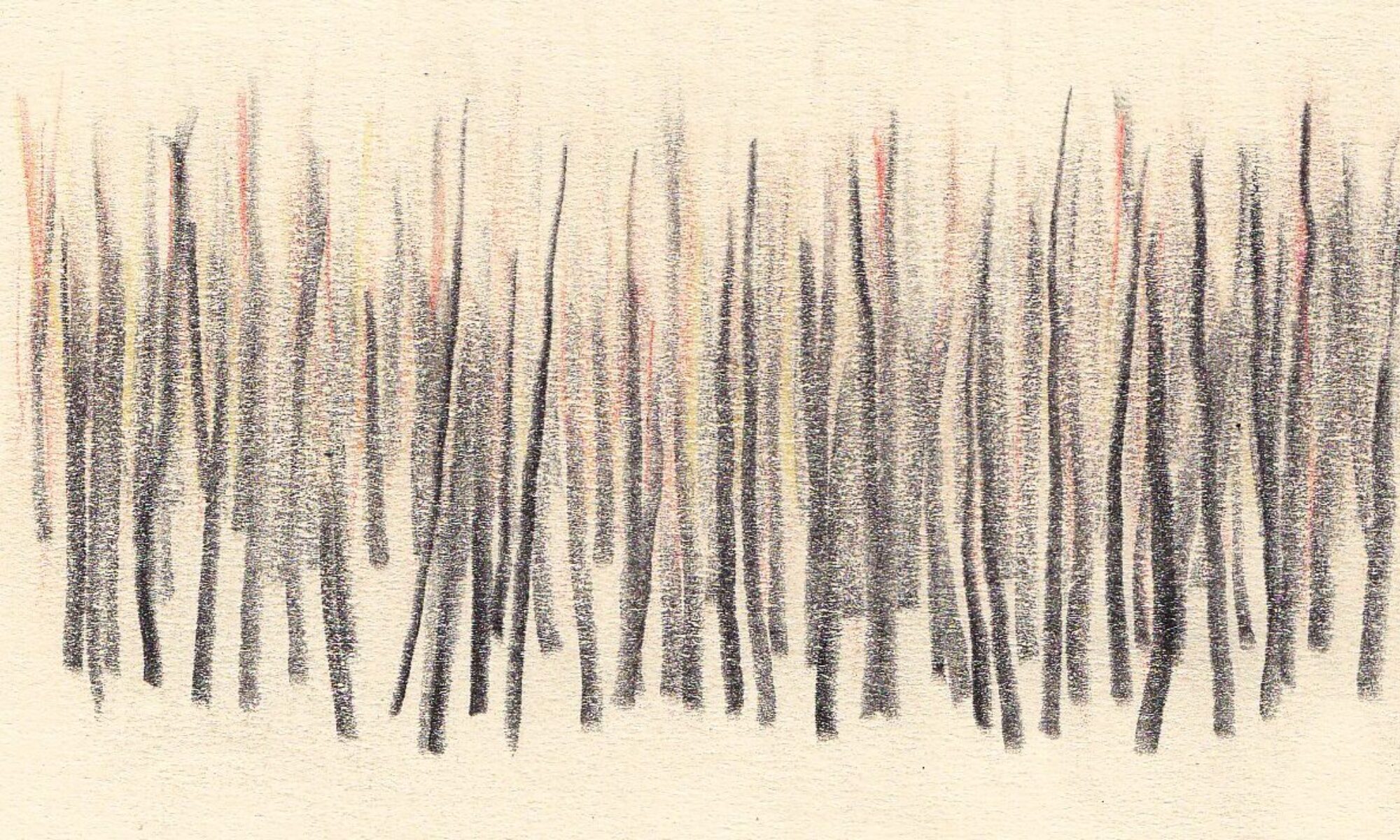At Melania, every time you enter the square, you find yourself caught in a dialogue: the braggart soldier and the parasite coming from a door meet the young wastrel and the prostitute; or else the miserly father from his threshold utters his final warnings to the amorous daughter and is interrupted by the foolish servant who is taking a note to the procuress. You return to Melania after years and you find the same dialogue still going on; in the meanwhile the parasite has died, and so have the procuress and the miserly father; but the braggart soldier, the amorous daughter, the foolish servant have taken their places, being replaced in turn by the hypocrite, the confidante, the astrologer.
Melania’s population renews itself: the participants in the dialogues die one by one and meanwhile those who will take their places are born, some in one role, some in another. When one changes role or abandons the square forever or makes his first entrance into it, there is a series of changes, until all the roles have been reassigned; but meanwhile the angry old man goes on replying to the witty maidservant, the usurer never ceases following the disinherited youth, the nurse consoles the stepdaughter, even if none of them keeps the same eyes and voice he had in the previous scene.
At times it may happen that a sole person will simultaneously take on two of more roles — tyrant, benefactor, messenger — or one role may be doubled, multiplied, assigned to a hundred, a thousand inhabitants of Melania: three thousand for the hypocrite, thirty thousand for the sponger, a hundred thousand king’s sons fallen in low estate and awaiting recognition.
As time passes the roles, too, are no longer exactly the same as before; certainly the actions they carry forward through intrigues and surprises leads toward some final denouement, which it continues to approach even when the plot seems to thicken more and more and the obstacles increase. If you look into the square in successive moments, you hear how from act to act the dialogue changes, even if the lives of Melania’s inhabitants are too short for them to realize it.
